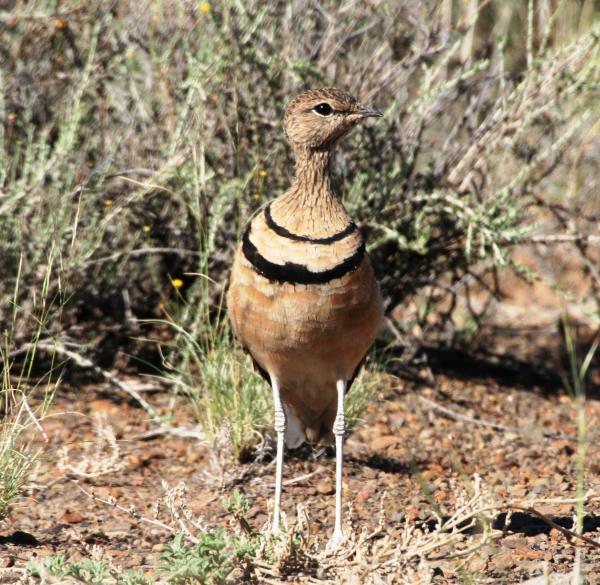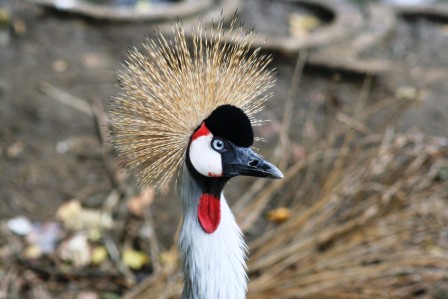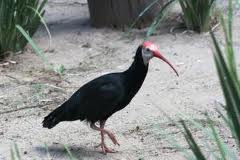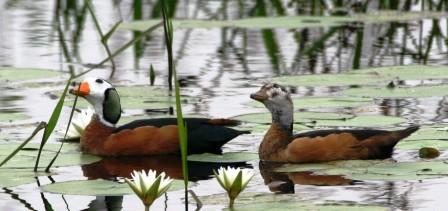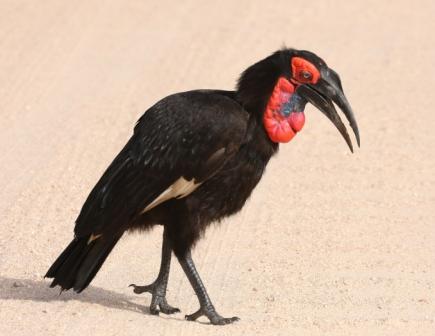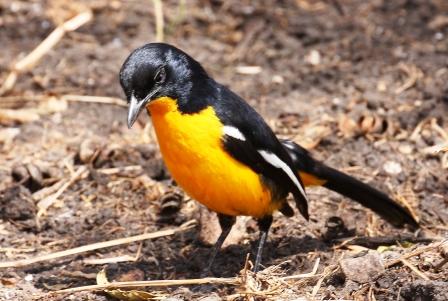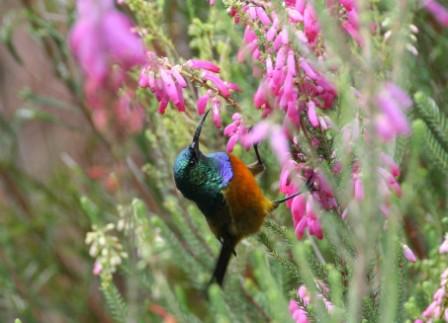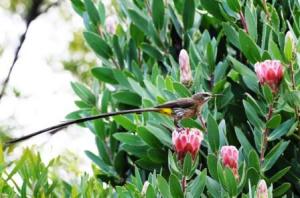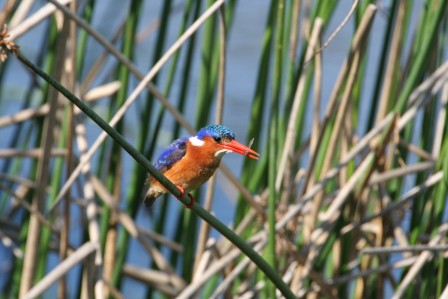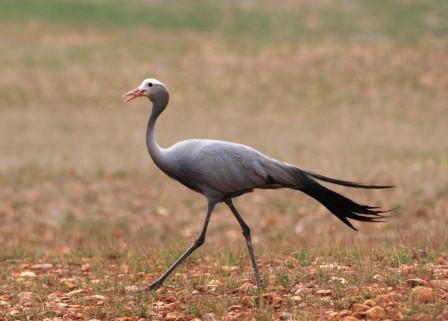|
|
JOIN OUR MAILING LIST |
|
Newsletter / Blog 2012-05-26 First for Britain – Great White Egret Breeding. The Great White Egret nest site in Somerset, is being monitored by staff and volunteers from Natural England, the RSPB and Somerset Ornithological Society. Natural England hopes to be able confirm that the nest contains chicks and that Britain can welcome a new species to its list of breeding birds shortly. The species is more usually found in mainland Europe but, in recent years, the number of sightings of these elegant birds in England has increased. Great White Egret The Great Egret or Great White Egret – Egretta alba – is the largest egret in the Old World. It is the symbol of the National Audubon Society and represents a conservation success story. The Great White Egret is a large white heron and is found across much of the world, from southern Canada southward to Argentina, and in Europe, Africa, Asia, and Australia. The species inhabits all kinds of inland and coastal wetlands, river margins, lake shores, marshes, flood-plains etc. Description A large all-white Egret with large yellow bill, long black legs and feet. In breeding plumage, delicate ornamental feathers are borne on the back and the bill becomes black. Males and females are identical. Call A deep loud croak when disturbed and low croaking cuk cuk cuk at the nest. Food Feeds mainly on fish, frogs, mammals, reptiles and insects. Breeding Nests in colonies with other herons. The nest is constructed from sticks and other vegetation. It is normally positioned over water. The clutch size is between 2 to 4 pale greenish-blue eggs. Both parents incubate the eggs. The young egrets are aggressive towards one another in the nest, and the stronger siblings often kill their weaker kin. Conservation Status – Least Concern Plume hunters in the late 1800s and early 1900s reduced North American populations by more than 95 percent. The populations recovered after the birds were protected by law. No population is considered threatened, but the species is threatened by wetland habitat degradation and loss. Birdwatching Ask Aves Birding Tours/Safaris/Adventures to create an Aves custom tour for you or book on one of the following Aves Birding Tours/Safaris/Adventures: - Aves Eastern Cape Birding Tour/Safari/Adventure. Aves Highlands / Temba Birding Tour / Safari / Adventure. Aves KZN Birding Tour / Safari / Adventure. Aves North East Birding Tour / Safari / Adventure. Aves North West Birding Tour/Safari/Adventure. Aves Western Cape Birding Tour/Safari/Adventure. Aves West Coast Birding Tour/Safari/Adventure.
|
| Back | Back to top |
 |  | Cape Town Tourism  |
|||||||||||||

